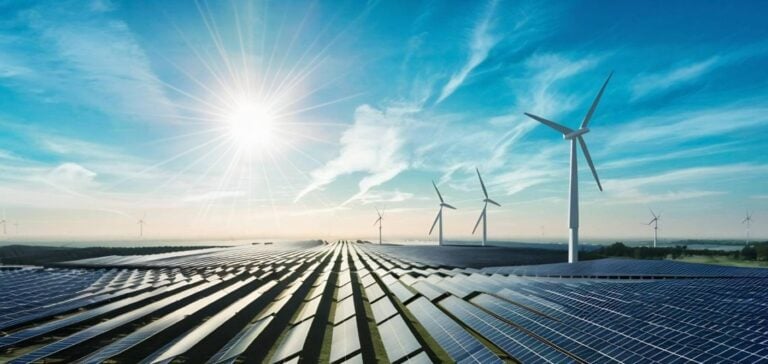The OPEC Fund for International Development (OPEC Fund) has approved a set of financings amounting to nearly one billion dollars during its 190th governance meeting in Vienna, marking a significant milestone in resource allocation for key economic sectors.
This funding includes both public and private operations, with primary objectives to strengthen infrastructure, improve agricultural value chains, and support institutional reforms in beneficiary countries.
Financing for public operations
The public financing component includes significant loans in various regions, aiming to address specific economic and structural needs:
– Bangladesh: 96.1 million euros, in partnership with the Asian Development Bank (ADB), for an economic reform program focused on private sector development and fiscal resource optimization.
– Burkina Faso: 30 million dollars for a project aimed at improving access to essential social services, particularly in health and education, co-financed by the World Bank.
– Mauritania: 40 million dollars dedicated to the electrical interconnection with Mali, as part of a multi-partner project designed to strengthen energy supply.
– Comoros: 17.5 million dollars for initiatives in public financial management and resilient economic growth.
Targeted interventions in the private sector
The private sector financing focuses on bridging funding gaps for SMEs and reinforcing capacities in strategic economic sectors:
– Egypt: 40 million dollars for the construction of two wind farms in the Gulf of Suez, with a cumulative capacity of 1.1 gigawatts.
– Côte d’Ivoire: 50 million euros allocated to a commercial financing mechanism to support the cocoa sector and its five million dependents.
– Paraguay: 40 million dollars to strengthen the agricultural and SME loan portfolio of a local banking institution.
Prospects for 2024 and beyond
These financings reflect a strategy aimed at targeting high-impact economic projects while diversifying intervention areas. The approach focuses on stabilizing local economies, improving supply chains, and supporting financial mechanisms in complex markets.
In countries like Honduras or Kenya, the OPEC Fund has also provided support to economic integration and governance initiatives to strengthen institutional frameworks and financial system resilience.
The diversification of loans, including both physical infrastructure and the agricultural and energy sectors, demonstrates a refocus on national and regional priorities adapted to political and economic realities.






















